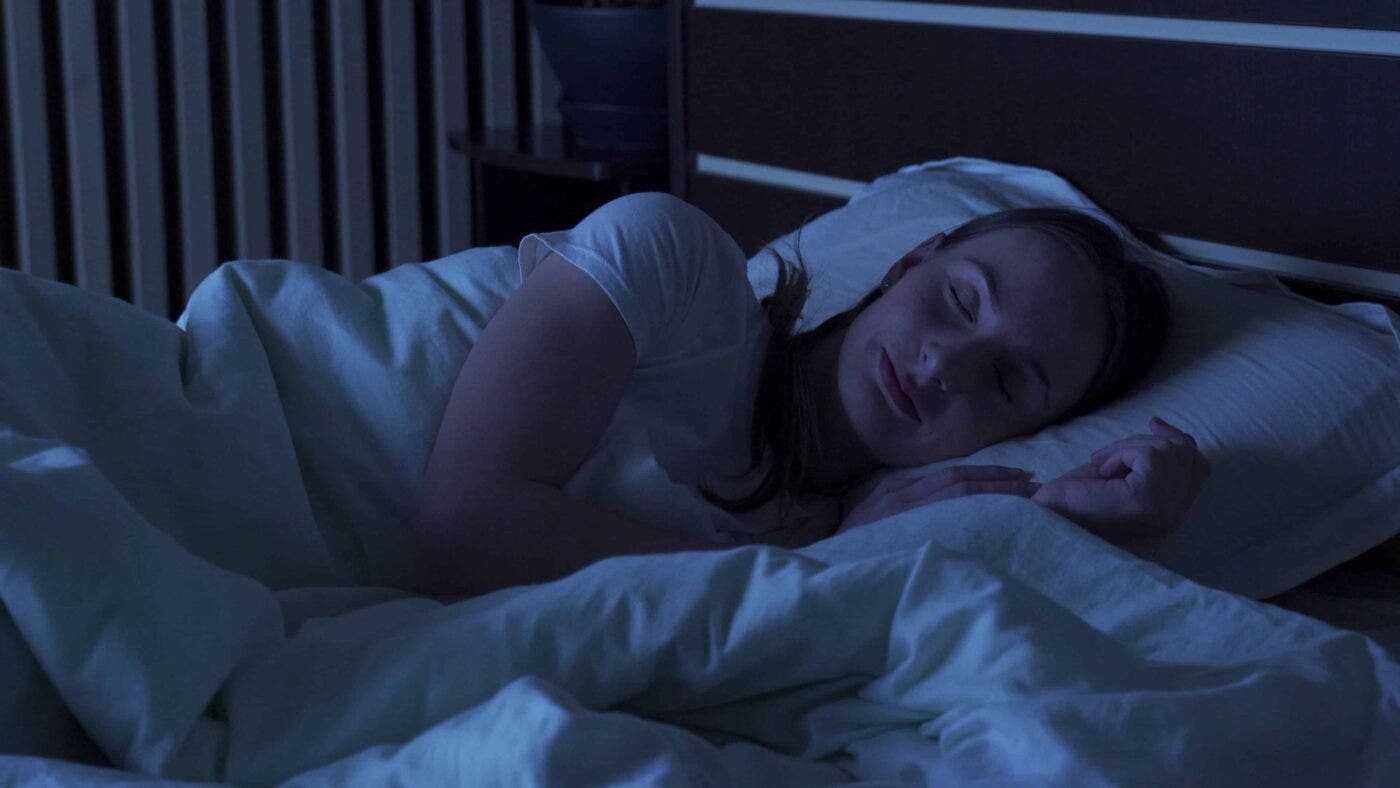Sleep Health
Published April 19, 2022
7 minHow Much Sleep Do Kids Need? A guide for parents
How much sleep do kids need: Babies, children, as well as, teens need more sleep compared to adults as they are still in the stages of development — both mentally and physically. Parents are well awar

Table of contents
How Much Sleep Do Kids Need?Health Benefits of Letting Your Child Sleep-inA Word About Teens and Sleep Cycle (Circadian Rhythms)What Causes Children to Lose Sleep?In Conclusion
How much sleep do kids need: Babies, children, as well as, teens need more sleep compared to adults as they are still in the stages of development — both mentally and physically. Parents are well aware of the fact that their kids need to sleep well. But when it comes to the question of ‘how much sleep do kids need’, they are still unsure of how many hours their little ones should snooze. What this means is that parents may wake their child prematurely; hence, disrupting their much-needed sleep.According to the National Sleep Foundation, one of the reasons why parents can’t tell if their child needs more sleep is because rather than slowing down when they are feeling sleepy, kids may become more active, which can be confusing. As a matter of fact, a child is often mistaken as having attention deficit-hyperactivity disorder or ADHD when really they simply require more rest. A kid might fight sleepiness to the point where they become hyper at night.
Not sure which mattress fits you best? Find out now.
How Much Sleep Do Kids Need?
Before we talk about why it’s best to let your child sleep in, it’s important first to know the sleep guidelines for kids. This is because some children will seem sluggish in the morning or will tend to nap during the day and become over-active at night due to lack of sleep. Although there are no specific hours, here are guidelines that need to be considered:| Age | Hours Of Sleep |
|---|---|
| 1 and 2 | 11 to 14 hours |
| 3 and 5 | 10 to 13 hours |
| 6 To 13 | 9 to 11 hours |
Health Benefits of Letting Your Child Sleep-in
Now that you know the answer to the question, ‘How much sleep do kids need’, you’re probably wondering whether it is okay for them to sleep-in. Surely you have already created a bedtime routine that will get your kids to bed and up at a certain hour. However, when summer vacation arrives or when there is a holiday, that carefully constructed routine gets thrown out the window and fast.Most parents would like their kids to stick to a sleep schedule for obvious reasons. That said, sleeping in may have benefits that make it worth the temporary disruption in their schedule. Here are a few potential benefits of enough sleep:Better motor skills
If your child appears to be clumsy, it may be because they are not sleeping long enough. Sleep deprivation can have a negative effect on the brain and body which also means their coordination is affected.Promotes growth
Another benefit that your child can get from sleeping longer is that it helps them grow. Growth hormone is produced when your child is asleep, which is why, when you wake them up unexpectedly, it may lead to a deficiency of growth hormone.Promotes healthy weight
Older children who are sleep deprived are at risk of gaining weight because their body is craving nutrients to supply them with energy. This is why it is sometimes beneficial to let your child sleep-in. It ensures that they are not missing out on nine to eleven hours of sleep, as recommended by the experts based on their age.Boosts learning
Although getting a good night’s sleep doesn’t automatically make your child Albert Einstein, it does help enhance their cognitive abilities because they are wide awake and capable of focusing on the task at hand.Faster Healing
Young children who are getting enough sleep are likely to heal faster compared to those whose sleep is often disrupted. Keep in mind that the body repairs itself when at rest. So if your child is getting enough sleep at night, you’ll find that any wound or bruise that they may get tends to repair faster.A Word About Teens and Sleep Cycle (Circadian Rhythms)
Teens tend to alter their bedtime routine because their biorhythms are starting to change at this point. Don’t think that your teen is lazy when they sleep-in. This may be due to the fact that they are still developing mentally and physically; hence, their energy levels have changed too.How to Get Your Kids to Sleep?
If your child can’t sleep at night, chances are, that your sleep will be disrupted as well. After all, you will be the one coaxing your child to sleep. And this, in turn, will affect your energy level and schedule the following day. That said, here are a few tips that can help get your kids to bed on time.1. Set a bedtime schedule:
If you have more than one child at home, chances are their sleep schedule will vary. Instead of lumping their bedtime routine into one, it is best that you set an individual schedule based on their own biorhythms. What you need to ensure, however, is that they are getting an appropriate number of hours when they sleep.2. Be consistent with their bedtime routine:
Another tip to help your little one get to sleep on time is to be consistent with their bedtime routine. Babies and toddlers tend to sleep better when there is a schedule that they are following. Create a routine, such as giving your baby a bath, feeding them, or playing soothing music before bedtime. This will help signal their body and mind that it is time for sleep.3. Minimize stress before sleeping :
If your child’s cortisol level is high, chances are, that they will be tossing and turning in bed. Cortisol, the stress hormone, will keep your child wide awake; hence, making it difficult for them to drift off to sleep. Practice relaxation before bedtime.- Soothe them –
- Create the right sleep environment –











